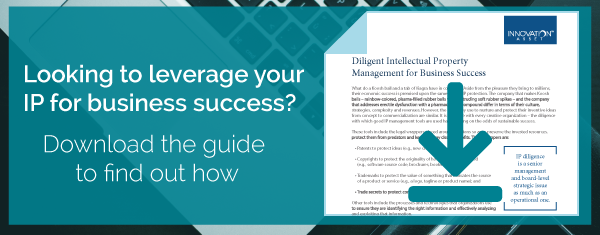According to The New York Times, employers increasingly own their employees' intellectual property. Now more than ever, companies and universities are winding up as assignees of the inventions of their workers. Indeed, employment agreements increasingly give businesses rights to skills, ideas and even professional contacts, which cannot be protected under traditional intellectual property law.
America has no legal requirements about compensation for intellectual property from employer to employee, the Times notes, unlike other innovative countries like Germany, Finland, Japan and China, which all require a business to pay an employee who assigns an invention to them, whether as a condition of employment or not.
Sometimes, these demands on intellectual property extend to their logical but absurd conclusions. A 2004 lawsuit resulted in a Texas court ordering that a former Alcatel employee give the company a software algorithm that existed solely and completely in his own mind. It was an idea in progress, too incomplete to patent, but the court found Alcatel owned this notion.
Employees and employers alike need to give serious consideration to who owns what intellectual property. Employment agreements are important in settling this question, so both parties should be thoroughly aware of what they contain. However, some ownership disputes may differ on a case-by-case basis - for this reason, inventors and creative professionals and those businesses that employ them need to discuss and prepare for a variety of scenarios.


